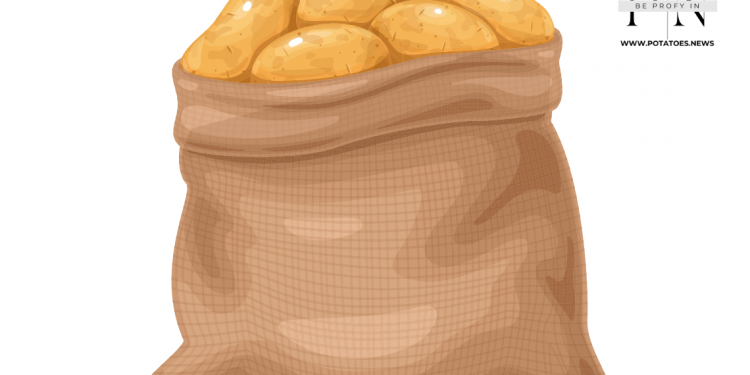Potatoes have traditionally been seen as a staple food. We fry them, boil them, bake them, mash them, or use them in soups. But what if we started to look at potatoes not as food but as a versatile raw material for creating a wide range of products? This perspective could revolutionize both our culinary habits and the economic value of this crop.
Potatoes as Raw Material: What Does It Mean?
At first glance, the idea of not consuming potatoes fresh might seem unusual. However, if we examine their chemical composition, it becomes clear that potatoes are a treasure trove of possibilities. Their primary component, starch, is already widely used in both food and non-food industries:
- Food industry: Starch is used to produce noodles, chips, snacks, confectionery, and even as a thickener in sauces.
- Non-food industries: Potatoes are used to create biodegradable plastics, paper, textiles, adhesives, and cosmetics.
In this way, potatoes can transition from being a final product to serving as the basis for an array of innovative goods.
Benefits of This Approach
- Reducing food waste. If potatoes are treated as raw material, tubers unsuitable for consumption could be used for technical purposes, such as biofuel production.
- Enhanced processing. Instead of selling raw potatoes, farmers could focus on processing them into starch, flour, or ready-made noodles. This increases the added value and could boost the profitability of agricultural enterprises.
- Innovation and sustainability. Using potatoes in the production of bioplastics and packaging helps reduce reliance on petroleum, supporting environmentally sustainable technologies.
Historical and Cultural Context
Interestingly, some countries have already been moving away from viewing potatoes as fresh food. For example, in China, potato starch is widely used to produce noodles and other culinary products. Potatoes are often seen not as a standalone dish but as an ingredient.
In Europe and the United States, mashed potatoes and fries remain consumer favorites. However, the growing interest in processed potato products—such as chips or potato flour—suggests that people are open to seeing this crop in a new light.
Potatoes of the Future
We stand on the brink of significant changes in the food industry. Viewing potatoes as a universal raw material opens doors to new opportunities. Instead of simply eating potatoes, we can use them to create more sophisticated products, increase their economic value, and reduce their environmental impact.
Perhaps the future of potatoes lies in a world where fresh tubers become a rarity, and their processed forms find applications in various industries. Such a transition will take time and innovation, but it has the potential to transform our perception of this crop and its role in the global economy.
Potatoes are more than just food—they are the raw material for a sustainable and technologically advanced future.





